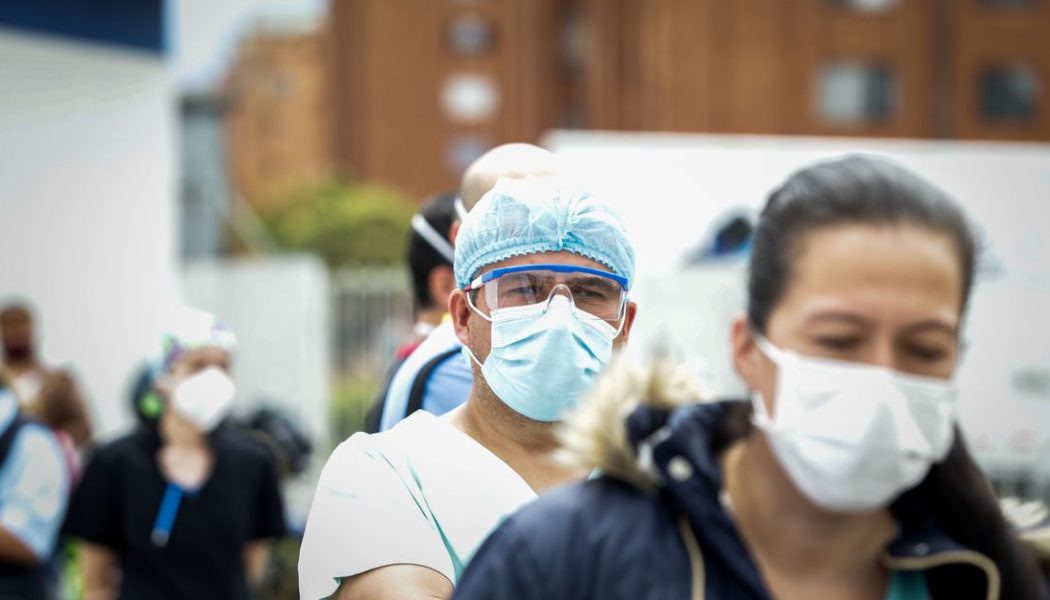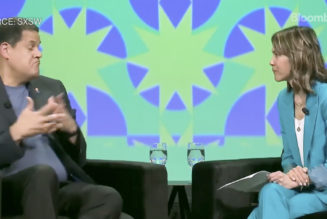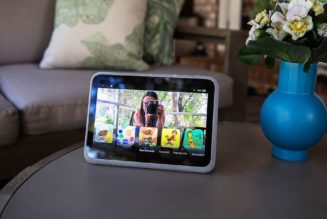
As the pandemic drags on, experts are exploring ways to stretch still-limited vaccine supplies to get as many people protected as possible. One idea that’s resurfaced this week involves allowing more time in between the first and second doses of the two-dose vaccines. This time, though, there’s some additional data that suggests it might work.
Here’s the idea: two leading vaccines, made by Pfizer / BioNTech and Moderna require two doses. But their early data showed pretty significant protection after the first dose. That got people thinking — is it worth giving more people partial protection with just one dose? Or should they stick to the schedule and fully vaccinate fewer people?
Back in December, some experts encouraged researchers to set up trials to find out if a single dose of a two-dose vaccine would be effective. Around the same time, health authorities in the UK decided to plow ahead without those studies, and prioritized getting first shots in arms, allowing people to delay their doses.
This week, we got more data that shows that a single dose of Pfizer / BioNTech actually does a pretty good job of preventing illness. A study in Israel found that a first shot was 85 percent effective at reducing symptomatic cases of COVID-19 in healthcare workers.
There are some caveats. Here’s a major one: most of the people in the study ended up getting their second dose relatively quickly. That means researchers can only say that the first dose is effective between 15 and 28 days after a person gets that first shot. How long protection lasts beyond that is still unknown.
That’s why some experts are still urging caution when it comes to changing the schedule between those vaccines. “Until such time that there are good clinical trials that show that a single dose provides an equivalent level of protection, I don’t know that we should abandon our approach or create new policies,” Jonathan Tempte told NBC.
It’s messy, and researchers don’t agree. Some, including Anthony Fauci maintain that sticking to two on-schedule doses can help keep the US ahead of dangerous variants of the virus. Others lean towards taking a strategy more like the UK’s.
“I think this [strategy] is something on which reasonable people could disagree, but saying you should only do something supported by randomized evidence when there’s an emergency would have precluded us from using masks, social distancing, from doing all the things we know are good public health practices,” Marc Lipsitch, an epidemiologist at Harvard told CIDRAP News earlier this month. He added: “There’s an old saying that we wouldn’t use parachutes or aspirin if we waited for randomized trials, either.”
Here in the US, states are trying to speed up doses — and looking to the federal government for guidance. The CDC has already said that in extreme circumstances, providers can stretch the window between their patients’ shots from three to four weeks up to six. This week, Bloomberg reported that a committee that advises the CDC was considering whether or not to recommend changing the schedule in a smaller working group.
That discussion might not make it to the full committee any time soon. The working group might decide that they need to see more data, or it might not make it to the next COVID-19-related meeting in favor of discussing more pressing issues — including their recommendations for the single-shot Johnson and Johnson vaccine. (Another meeting of that committee is planned for this coming week, but its focus is on a host of other deadly diseases, including ebola, dengue, and rabies.)
Even if the committee doesn’t take it up immediately, the question of when to administer doses is fascinating, and one we’ll be watching as the vaccine rollout accelerates, and more data just keeps pouring in.
Here’s what else is happening this week.
Research
Up to 90 volunteers in UK to take part in pioneering COVID-19 infection trial
A trial in the UK will deliberately expose volunteers to the virus that causes COVID-19. To start, it will try to establish how little virus is needed to cause an infection. The trial was announced last year, but needed to pass ethical and regulatory steps in order to proceed. (Nicola Davis / The Guardian)
Who has died from COVID-19 in the US?
This is a moving, visual dive into the data of deaths in the US, and looks at the demographics of people who died of this disease. (Youyou Zhou and Julia Belluz / Vox)
Development
The myth of ‘good’ and ‘bad’ COVID vaccines
With multiple vaccines rolling out, there are inevitable comparisons between them. But those comparisons can be harmful when communicating about vaccines — and getting people to take them. (Helen Branswell / STAT)
COVID-19 vaccines are starting to work in the US
Cases in the US are on the decline. While that broader decline can’t be attributed to the vaccine yet, there are some places where researchers see vaccinations working. (Nicole Wetsman/The Verge)
Why grandparents can’t find vaccines: Scarcity of niche biotech ingredients
Until recently, the ingredients found in the mRNA-based vaccines made by Pfizer / BioNTech and Moderna were only produced in small quantities. But as manufacturing accelerates, producers have to scale up fast. (Christopher Rowland / The Washington Post)
Unprotected African health workers die as rich countries buy up COVID-19 vaccines
Some countries and regions are having a hard time procuring the vaccines, creating serious health crises. Wealthier countries like the US have a distinct advantage in the vaccine race, and are pulling ahead — with tragic results elsewhere. (Kai Kupferschmidt / Science)
Perspectives:
…Wes and Zoe’s enthusiasm only dwindled when she described the multiple nasal swabs and blood draws they were agreeing to (up to four of each over the course of six visits). But, buoyed by the possibility of being able to see their friends safely and, in the case of my son, upgrading his AirPods, they rolled up their sleeves.
— Journalist Sheila Mulrooney Eldred writes about her teenagers’ experience participating in Moderna’s vaccine trial for The New York Times.
It sounds crazy, right? Am I crazy? I definitely have that psychological battle where I start to doubt everything. Could it all be in my head? I’ll tell myself I need to try harder. I’ll force myself out of bed, but then I get in the shower and the hot water turns my hands purple. My heart rate spikes. I get so dizzy I have to sit down.
— Kaitlin Dennis, who has dealt with COVID-19 symptoms since March 2020, as told to Eli Saslow at The Washington Post.
As my father’s health declined, I thought about how MAD the world is now; behind all the well-meaning gestures to honor frontline workers like him, there is the willingness to endanger their lives to keep commerce flowing. A willingness to destroy and be destroyed for a sense of normalcy.
— Lovely Umayam writes about security and her father’s struggle with COVID-19 for The New York Times.
More than numbers
To the more than 110,655,192 people worldwide who have tested positive, may your road to recovery be smooth.
To the families and friends of the 2,450,423 people who have died worldwide — 495,469 of those in the US — your loved ones are not forgotten.
Stay safe, everyone.










